
Most Ethiopians might not have known it at the time, but three decades after the end of civil war in Ethiopia, the country had slid into another potential one in the deep night of Tuesday, November 3, 2020. Citizens woke up on Wednesday morning to the image of Prime Minister Abiy Ahmed (PhD), dressed in a black jacket, addressing the nation on television on the start of military engagement in the northern part of the country.
After months, if not a couple of years, of ceaseless political tension, forces of the federal government and Tigray Regional State engaged one another following the latter’s alleged attacks on a major command unit deployed close to Meqelle.
“Force has become the last resort to saving the country and the people,” the Prime Minister stated late Tuesday night. In sessions by the legislative houses soon after, a six-month state of emergency was declared in Tigray Regional State, as well as the approval of a resolution to establish a transitional government.
Over the next couple of days, barely any information came from the northern part of the country. There was a complete communications blackout in Tigray Regional State, including the cutting of phone lines and suspension of flights to the region. Throughout the week, both sides have admitted to airstrikes near Meqelle as well.
Most other claims are highly contested by both sides, and the state of the conflict remains uncertain, making predictions speculative. Despite the communication blackout from the region, the state government has managed to issue statements through its communication bureau, including one from yesterday that characterised the administration in Addis Abeba as a "traitor" but indicated that it remains open to national dialogue.
The international community and civil society have not wasted much time pleading for de-escalation of tensions, which have arrived sparingly even before the outbreak of military engagements. Observers of the Horn region have been warning of the potential for the deterioration of relations, especially following their mutual delegitimisation on the back of the postponement of Ethiopia’s general elections and the Tigray regional government’s own administration of regional polls.
However, the Prime Minister has indicated that a point of no return has been reached, tweeting on Friday that, "criminal elements can't escape the rule of law under the guise of seeking reconciliation and a call for dialogue."
You can read the full story here
PUBLISHED ON
Nov 07,2020 [ VOL
21 , NO
1071]

My Opinion | Nov 16,2024
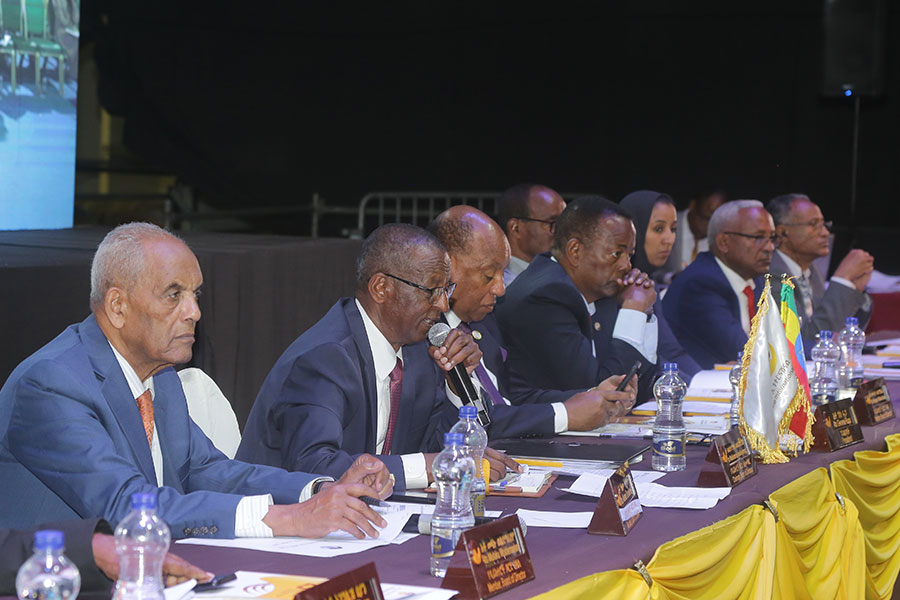
Fortune News | Feb 18,2023
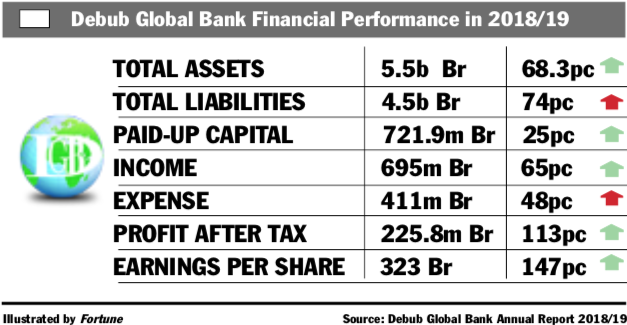
Fortune News | Jan 25,2020

My Opinion | Aug 18,2024
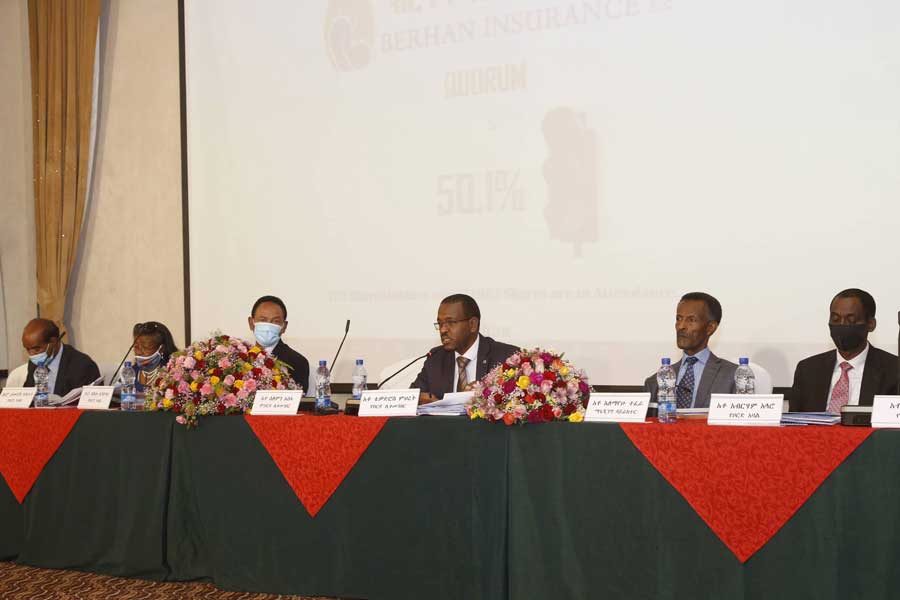
Fortune News | Jan 23,2021
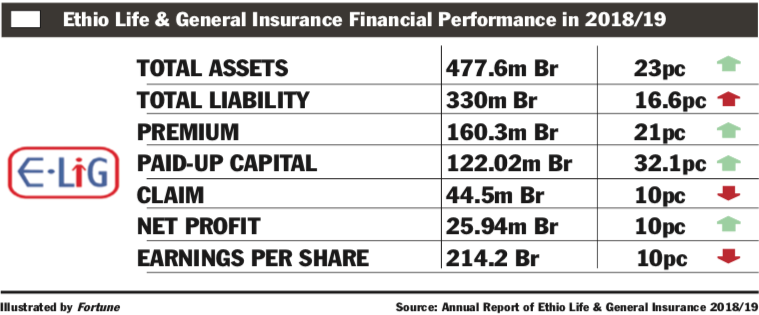
Fortune News | Feb 15,2020
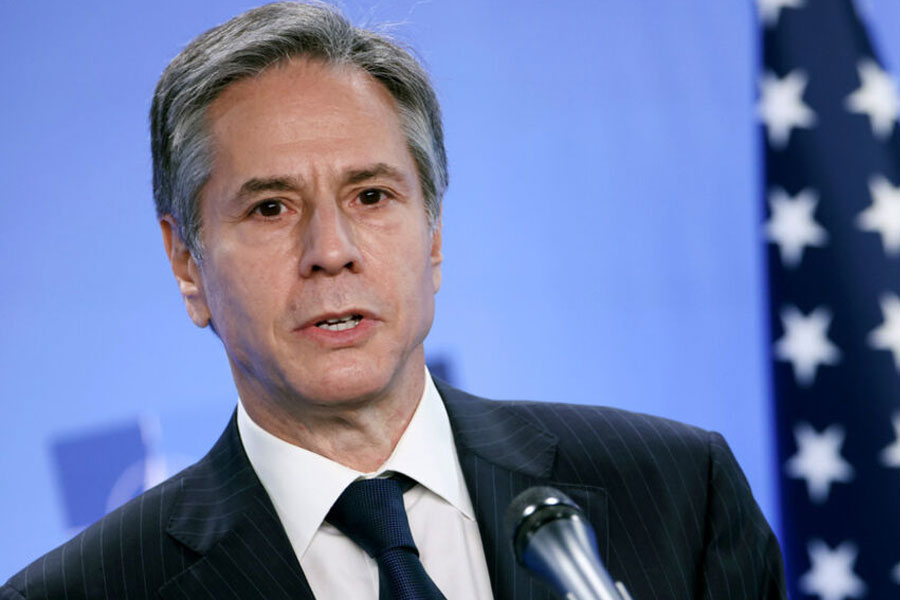
Verbatim | Sep 17,2022
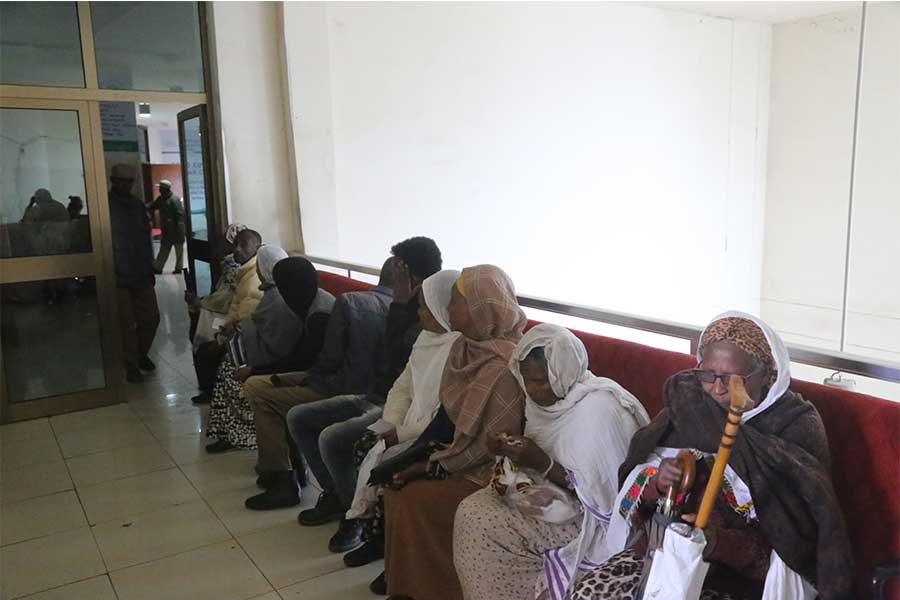
View From Arada | Dec 21,2019

News Analysis | Aug 30,2025
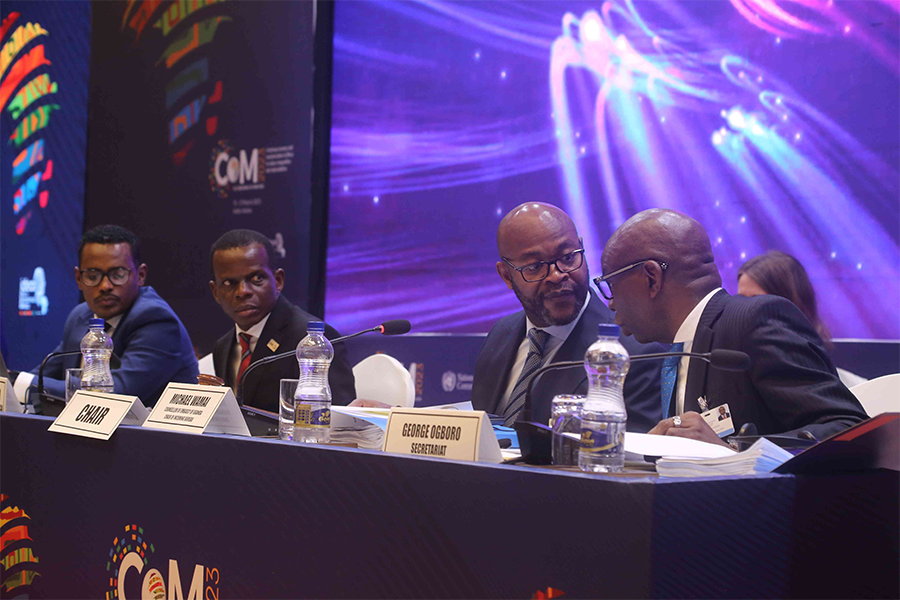
Radar | Mar 18,2023

Dec 22 , 2024 . By TIZITA SHEWAFERAW
Charged with transforming colossal state-owned enterprises into modern and competitiv...

Aug 18 , 2024 . By AKSAH ITALO
Although predictable Yonas Zerihun's job in the ride-hailing service is not immune to...

Jul 28 , 2024 . By TIZITA SHEWAFERAW
Unhabitual, perhaps too many, Samuel Gebreyohannes, 38, used to occasionally enjoy a couple of beers at breakfast. However, he recently swit...

Jul 13 , 2024 . By AKSAH ITALO
Investors who rely on tractors, trucks, and field vehicles for commuting, transporting commodities, and f...

Oct 18 , 2025
The political establishment, notably the ruling party and its top brass, has become p...

Oct 11 , 2025
Ladislas Farago, a roving Associated Press (AP) correspondent, arrived in Ethiopia in...

Oct 4 , 2025
Eyob Tekalegn (PhD) had been in the Governor's chair for only weeks when, on Septembe...

Sep 27 , 2025
Four years into an experiment with “shock therapy” in education, the national moo...